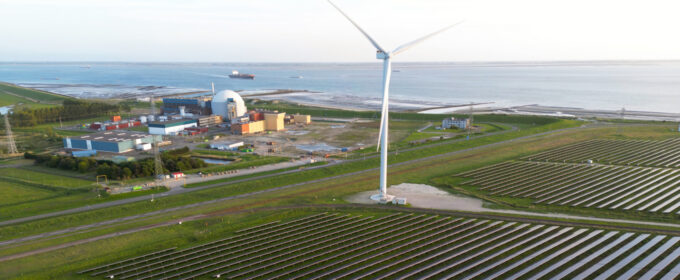Hydrogen has been proposed as a clean energy carrier, offering a sustainable and efficient alternative to fossil fuels during the net zero transition. Hydrogen’s significance lies in its production process, which in some cases means that it can be a zero-emission energy source. Hydrogen’s high energy density and versatility allow it to be used in various forms, including […]









